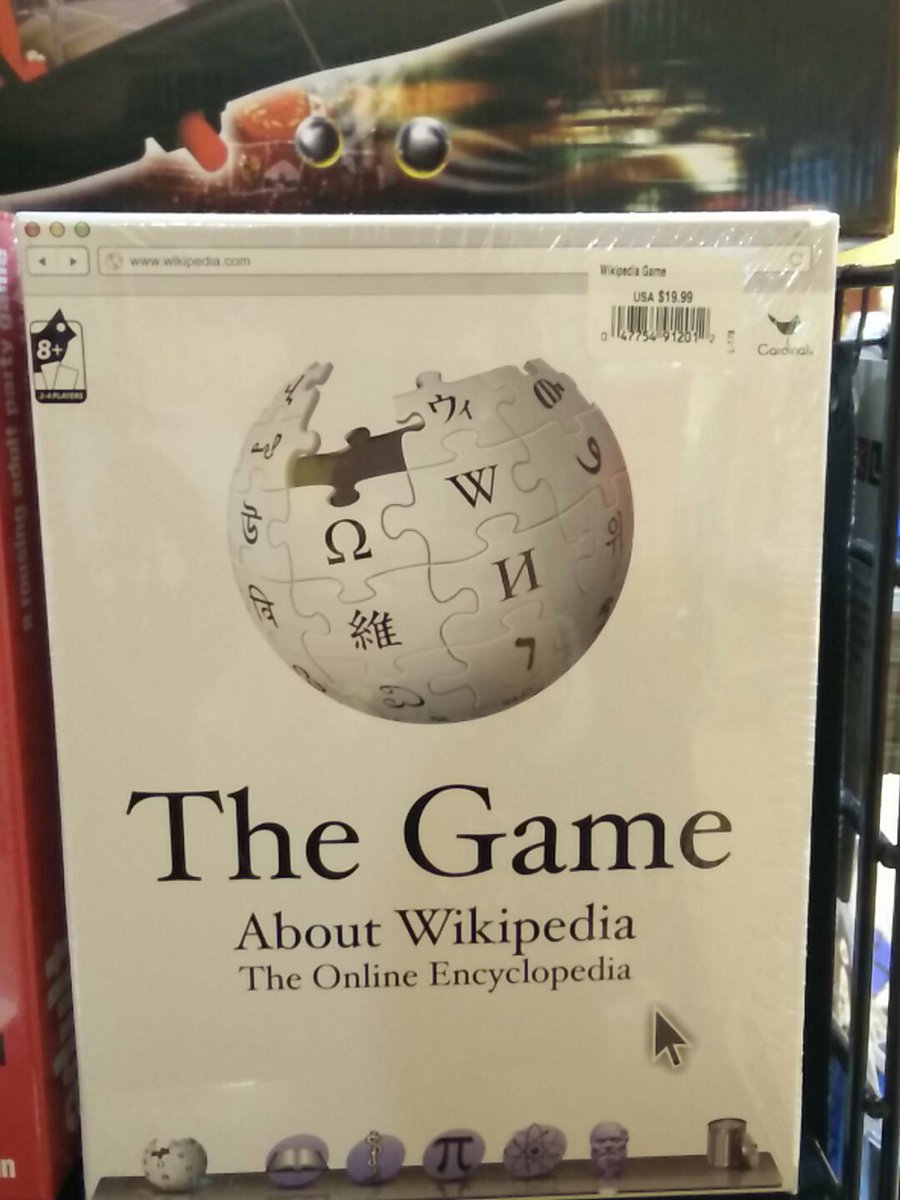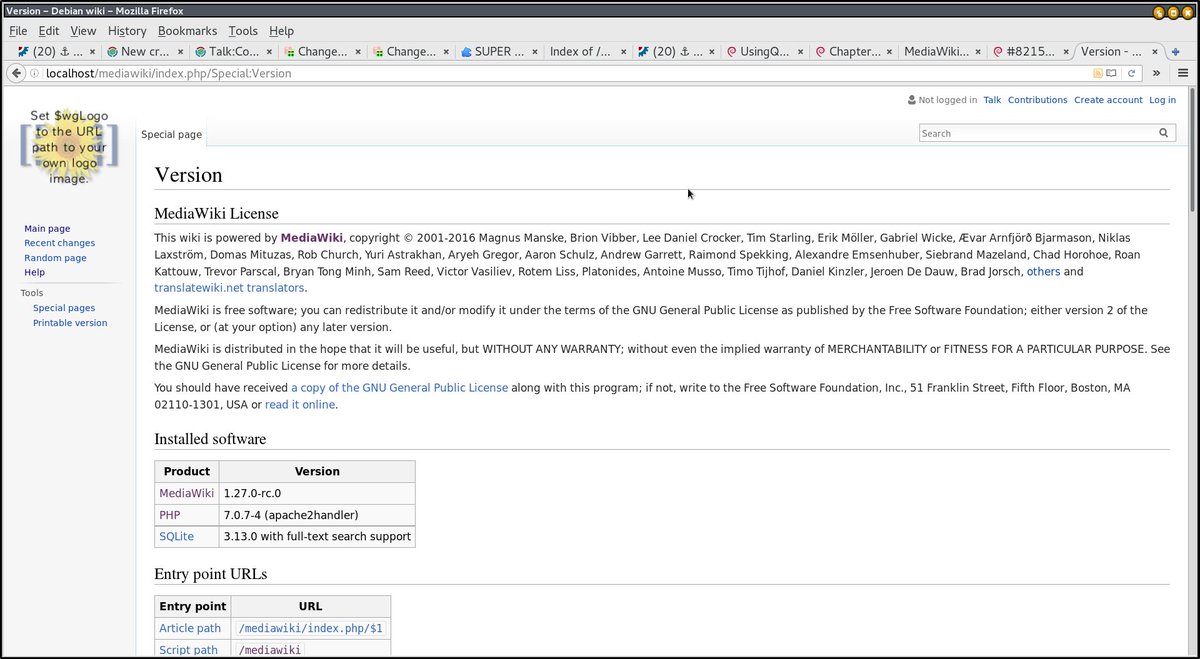So-called "Wikipedia: The Game"
Originally posted on Twitter.
If you go to all this effort to make a game, how do you get the domain name wrong???

Originally posted on Twitter.
If you go to all this effort to make a game, how do you get the domain name wrong???

As I said earlier, I worked the polls from 6 a.m. to roughly 9:20 p.m. We had one voter come in at the nick of time at 7:59 p.m.
I was glad to see that we had a lot of first time voters, as well as some who just filled out one issue on the three(!) page ballot, and then left. Overall, I've come to the conclusion that everyone is just like me and votes just to get a sticker. We had quite a few people who voted by mail and stopped by just to get their "I voted!" sticker.
I should get paid $145 for working, which I shall be donating to https://riseup.net/. And I plan to be helping out during the next election!
After being generally frustrated by this election cycle and wanting to contribute to make it less so, I decided to sign up to work at the polls this year, and help facilitate the election. Yesterday, we had election officer training by the Santa Clara County Registrar of Voter's office. It was pretty fascinating to me given that I've only ever voted by mail, and haven't been inside a physical polling place in years. But the biggest takeaway I had, was that California goes to extraordinary lengths to ensure that everyone can vote. There's basically no situation in which someone who claims they are eligible to vote is denied being able to vote. Sure, they end up voting provisionally, but I think that is significantly better than turning them away and telling them they can't vote.
Originally posted on Twitter.
MediaWiki 1.27 LTS is now in Debian unstable! https://tracker.debian.org/news/783855
Originally posted on Twitter.
Teaser of MediaWiki 1.27 LTS on PHP 7 using a Debian package!

Originally posted on Twitter.
My Wikimedia-hackathon-from-home project was merged today: https://gerrit.wikimedia.org/r/280595 \o/